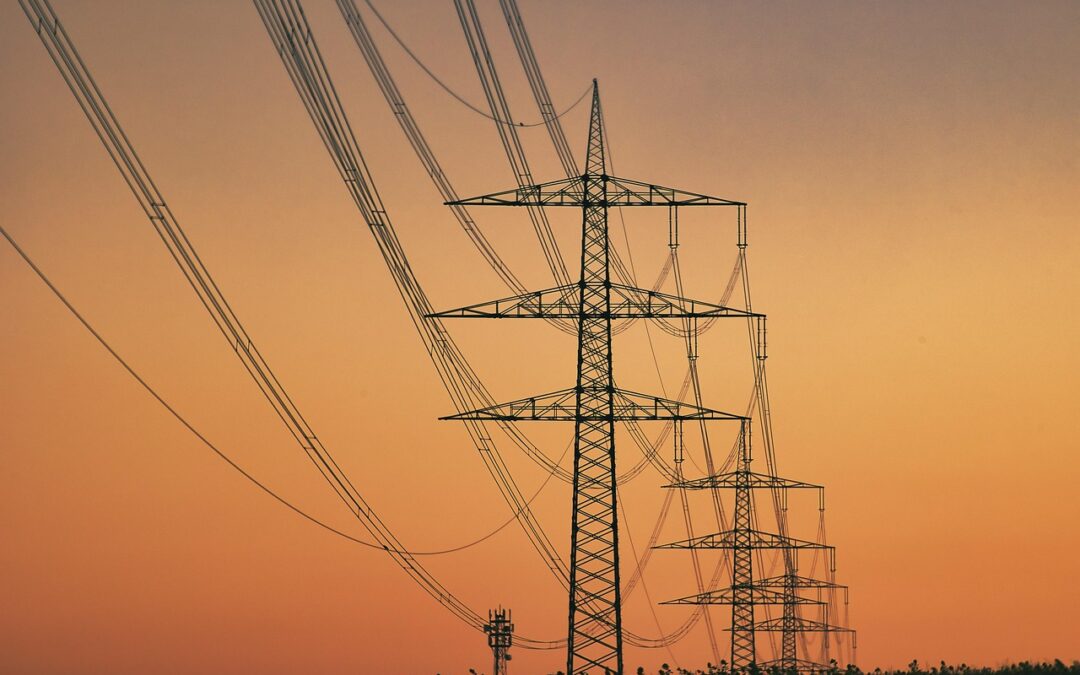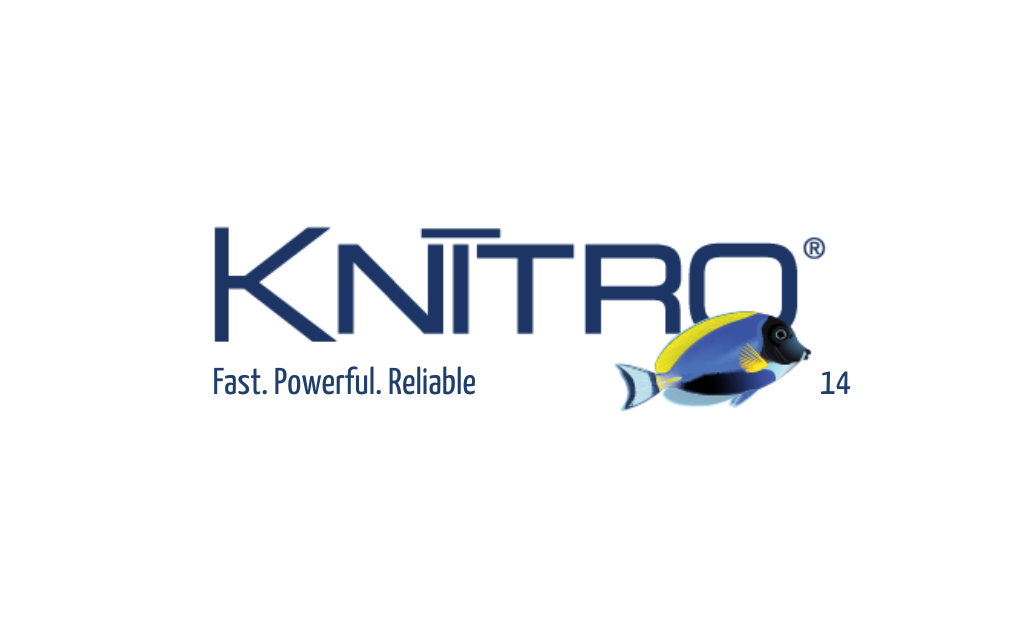Artelys provides support to the French energy regulatory authority (CRE) in assessing the adequate incentive levels to foster distribution networks performance for TURPE 7
Artelys is proud to have supported the Commission de Régulation de l’Energie (CRE) in preparation for TURPE 7. This study provides key insights on the adequate target levels for Enedis for the upcoming tariff period starting in 2025 and the associated report is a supporting document to the latest public consultation. This work has been made possible thanks to a great collaboration between teams from the CRE, Enedis and Artelys.
Our analysis covers both the average interruption time (so-called criteria B and M) and the frequency of those interruptions (criteria F-BT and F-HTA) and draws on a detailed understanding of underlying factors driving long-term performance improvements (such as the increased share of buried lines), and those explaining circumstantial fluctuations (e.g. specific climatic event).
What makes it even more interesting is including in the scope of the study whether the impact of integrating smart meters data is properly accounted for when defining the performance target levels, aligned with the objectives of TURPE 7.
The key findings from this study includes several recommendations, among which:
- Continue the discussion on the rate of evolution of incentivized levels to better reflect trends of structural performance improvement, independent from the impact of integrating smart meters data.
- Reiterate the analysis to enhance the assessment of the impact of smart meter data on the calculation and adequacy of the methodology by integrating a greater depth of historical data.


Improving electrical transformer production planning with artificial intelligence solutions
Improving high-voltage transformer production planning at the Hitachi Energy factory in Varennes with advanced artificial intelligence solutions.

The MARI project is growing
In recent months, several new European TSOs have successfully joined MARI, the pan-European mFRR activation platform whose market clearing engine was developed by Artelys.

Knitro 14.2 solve your toughest nonlinear non-convex models in seconds
— We are pleased to announce that Artelys Knitro 14.0 is now available! This new version enables compagnies to solve complex non-linear optimization problems with unprecedented efficency and precision.

Artelys Powers the Launch of CorNet’s Common Grid Model (CGM) Service
Artelys has been selected to develop computation engine modules for the Common European Merging Function (EMF) used in the core of the CorNet program’s RCC Service Platform, enabling pan-European operational power grid coordination and security analysis.
subscribe to our newsletters
© ARTELYS • All rights reserved • Legal mentions